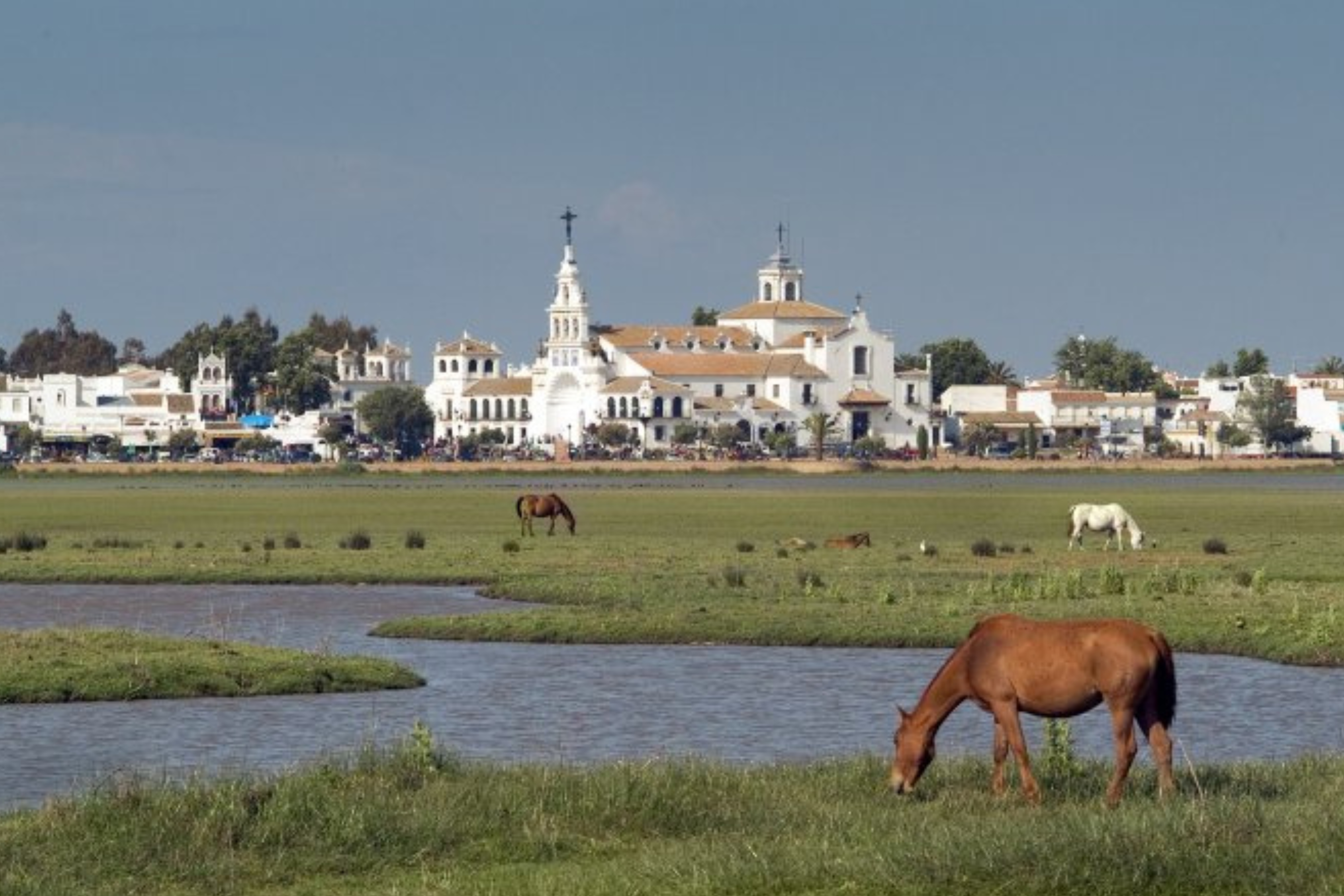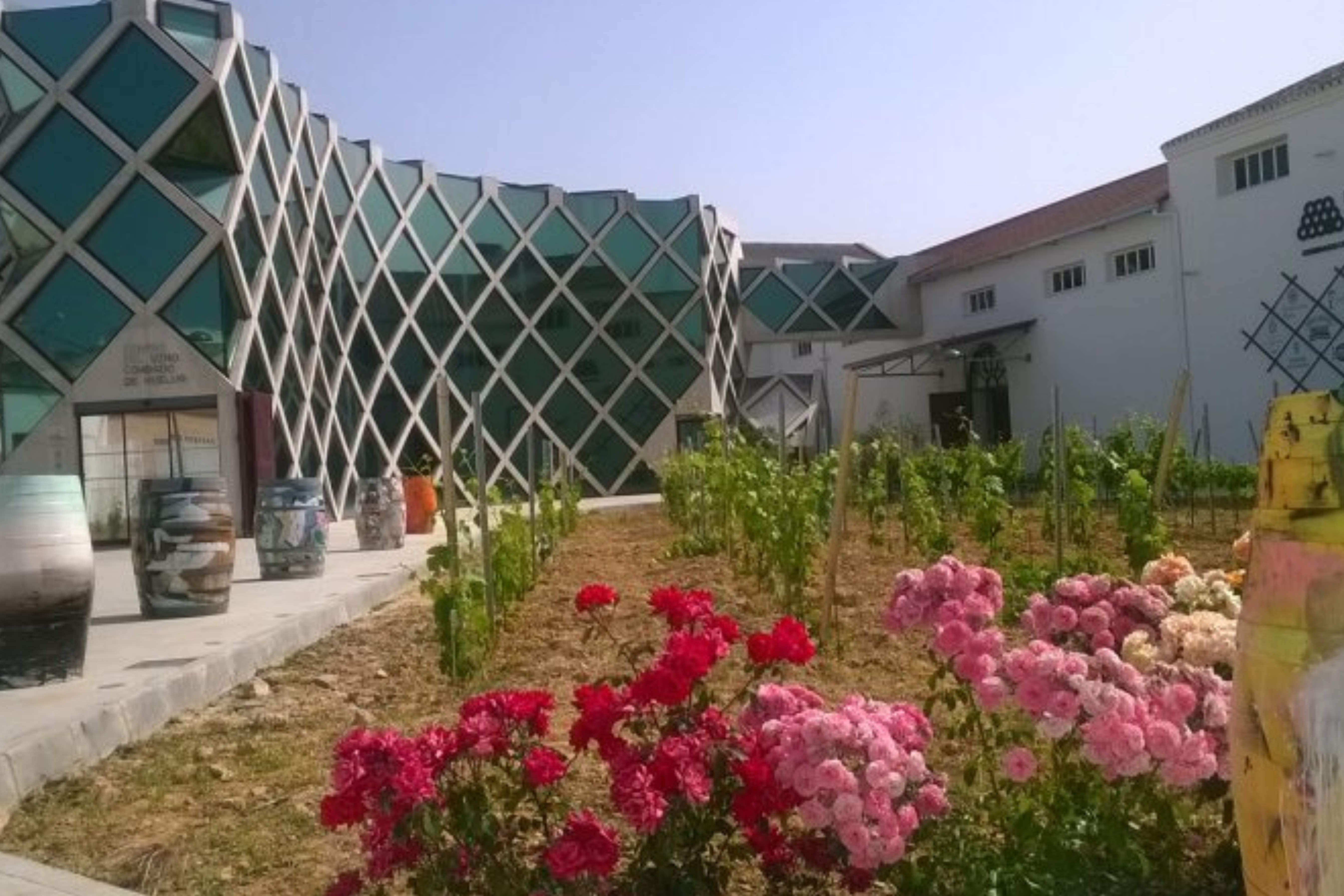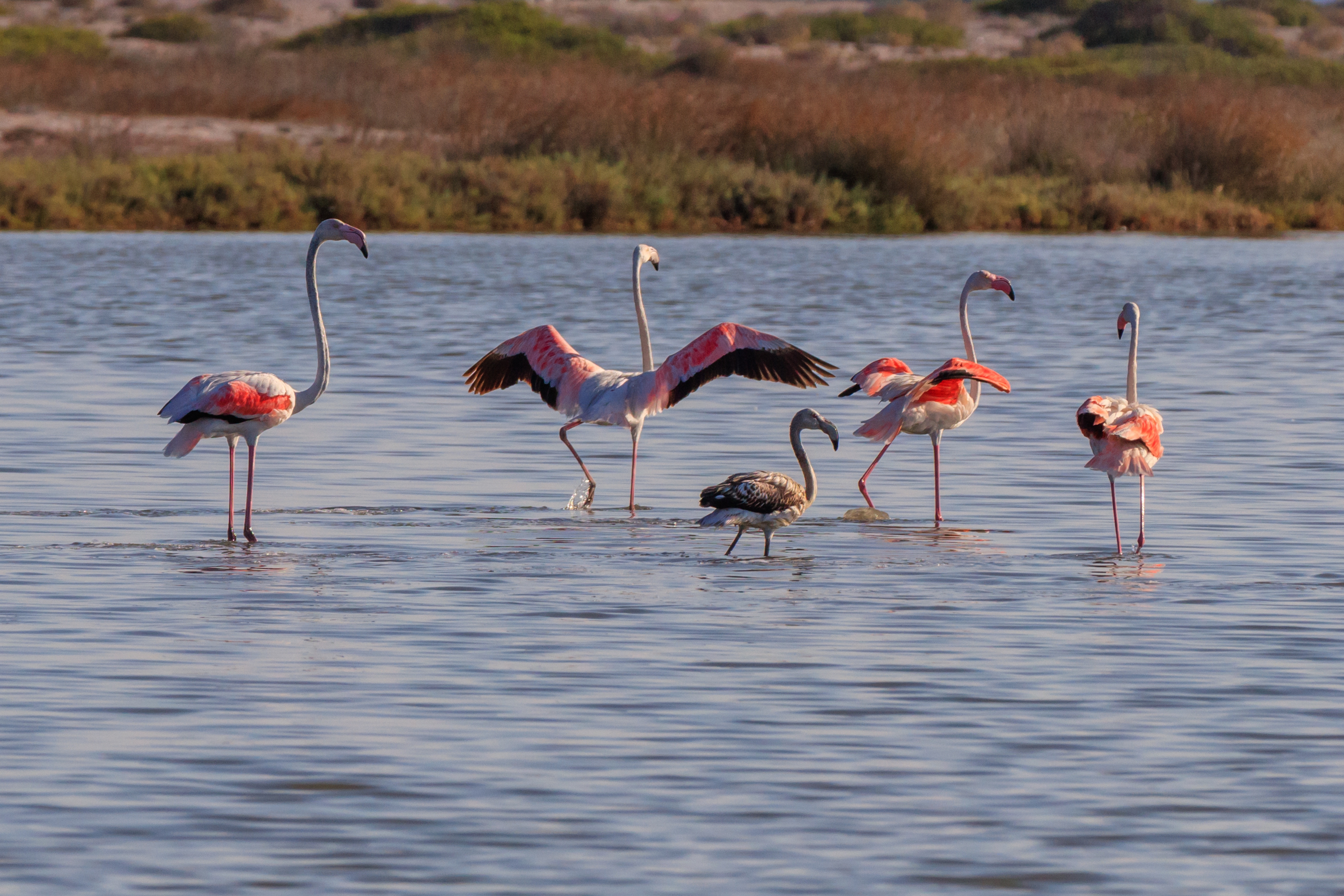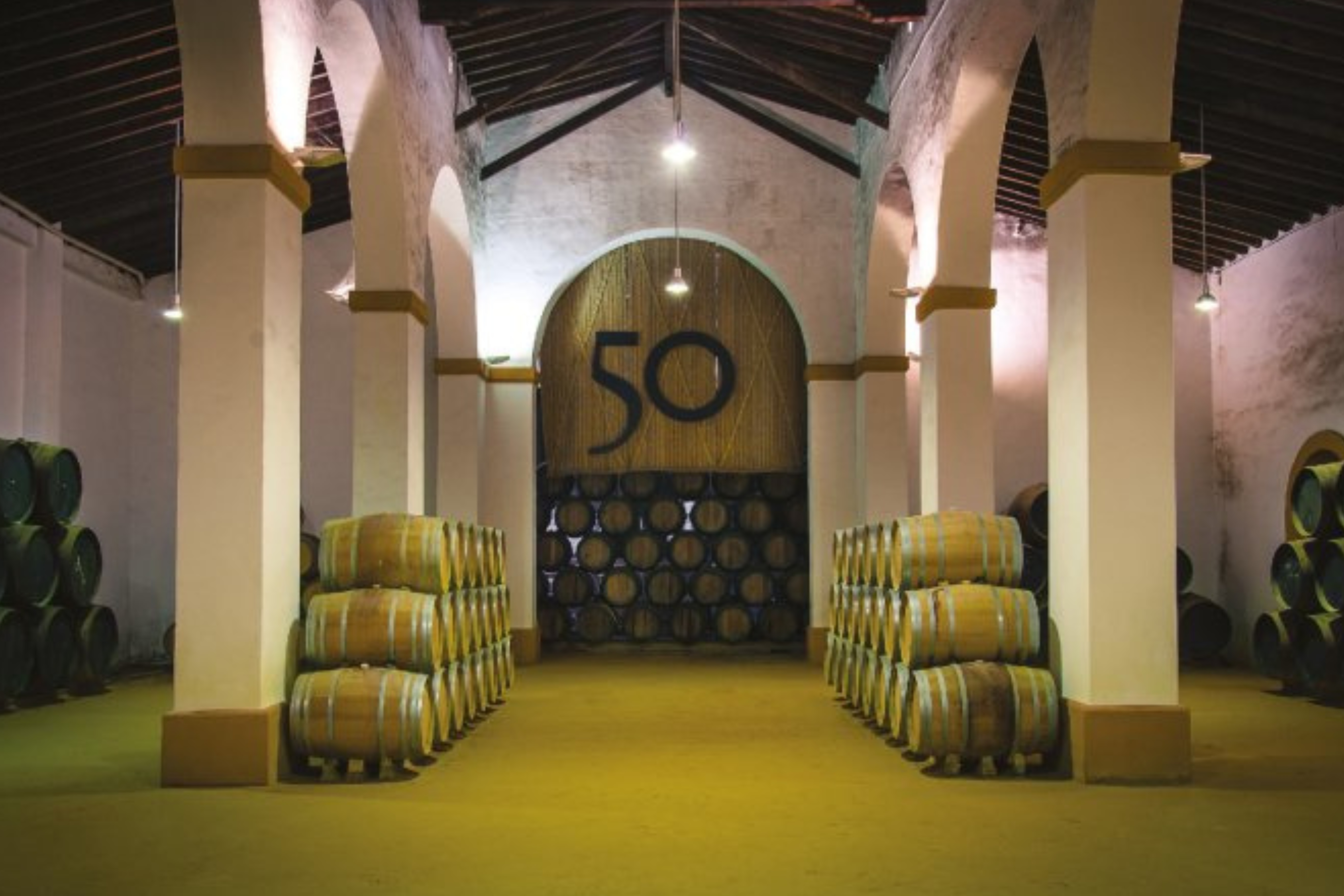Discover sustainable tourism in the County of Doñana.
The County of Doñana, in the province of Huelva, represents one of the most inspiring examples of sustainable tourism in Andalusia. This territory, which holds the Biosphere certification, combines the protection of the natural environment with authentic experiences that respect local culture and promote regenerative development.

The province of Huelva continues to position itself as a benchmark in sustainable tourism in Andalusia, thanks to the drive of local companies committed to the environment and responsible development. At the heart of this progress is the County of Doñana, a territory of enormous ecological and cultural value that advocates for a regenerative, inclusive, and competitive tourism model.
On the banks of the Doñana National Park, this mosaic of landscapes, traditions, and knowledge invites a different way of experiencing tourism. The County not only stands out for its biodiversity but also for being a place where sustainability and local identity are integrated into every experience. This article offers a renewed perspective on this Andalusian enclave, where connection with nature and respect for the environment are the true protagonists.
Currently, the County of Doñana holds the Biosphere Certified distinction, an international recognition that guarantees sustainable practices are being correctly implemented in the destination. This certification reflects the joint commitment of public administration and the business fabric to the United Nations' 2030 Agenda Sustainable Development Goals (SDGs).

The County of Doñana's commitment to sustainability, where nature and culture are cared for and lived with respect.
Responsible tourism in the County of Doñana is consolidating as a real alternative to conventional tourism. Here, visitors have the opportunity to discover unique landscapes such as marshes, pine forests, centuries-old vineyards, and villages with deep cultural roots, all from a respectful approach.
Walking or cycling routes, birdwatching in the wild, environmental education workshops, or participatory agricultural activities allow travelers to integrate into a model that protects the territory, boosts the local economy, and promotes knowledge of natural and human heritage.

Businesses committed to responsible tourism in the County of Huelva.
In the surroundings of the County of Doñana, a growing number of tourism companies demonstrate that it is possible to combine economic activity with environmental responsibility and community commitment. These entities, many of them family-run and locally rooted, are transforming their operations to move towards a more sustainable tourism model.
From rural accommodations to gastronomic or active leisure proposals, more and more businesses are adopting responsible practices such as efficient resource use, waste reduction, support for local producers, or the promotion of cultural and natural heritage. Many of these initiatives are part of certification processes like Biosphere, which recognize their efforts to advance towards fairer and more regenerative tourism models.
This collective commitment not only enhances the visitor experience but also strengthens the social and economic fabric of the territory. Sustainable tourism in Doñana is becoming a driver of innovation, differentiation, and long-term development.
A conscious journey through the County of Doñana, beyond conventional tourism.
This territory is not just an Andalusian region. It is the gateway to one of Europe's most valuable natural spaces. Here, marshes, dunes, forests, and virgin beaches converge in an ecosystem that combines biodiversity, rural culture, and sustainability.
1. Wildlife watching in the marsh at dawn.

Doñana is a biodiversity sanctuary. At dawn, the marsh offers a unique natural spectacle. Away from the crowds, there are guided routes by naturalists and ornithologists that promote ethical bird and wildlife watching without disturbing their environment.
Integrated viewpoints, long-range binoculars, and low-impact vehicles ensure a responsible observation experience.
2. Walks among vineyards and organic wineries of the county.

Wine is an essential part of the culture of the County of Huelva. Today, numerous family-run wineries are committed to agroecological practices to produce high-quality organic wines. Visits combine wine tourism, landscaping, and environmental education.
Touring these vineyards on foot or by electric bike and tasting local wines is a sustainable way to connect with the territory.
3. Horseback rides through the moving dunes of Matalascañas.

Exploring the landscapes of the Doñana Natural Park on horseback is an immersive and respectful experience. Sunrise or sunset rides traverse coastal pine forests and moving dunes, guided by local initiatives that promote animal welfare and environmental conservation.
4. Flavors of the county, local cuisine with a marshland accent.

The County's cuisine is a faithful reflection of its biodiversity. Prawns, cuttlefish, or wedge clams are combined with garden produce in simple and tasty dishes. Many restaurants work with zero-kilometer ingredients and collaborate with local producers.
Participating in organic cooking workshops or visiting traditional markets allows discovering authentic and sustainable gastronomy.
5. El Rocío without the pilgrimage, natural spirituality and silence.

Visiting El Rocío outside festive dates allows for a more intimate and reflective experience. The white village, framed by wetlands, conveys a sense of serenity and connection with nature.
Guided tours approach the tradition from a cultural, landscape, and sustainable perspective.

Doñana as a living destination, an experience that transforms.
The County of Doñana is much more than a postcard. It is a territory in transformation, where ancestral knowledge, migratory species, invisible heritage, and active conservation models coexist. Here, tourism becomes a tool to educate, raise awareness, and protect.
The territory becomes a living classroom and a meeting space between generations. Traveling to Doñana is an invitation to discover another rhythm, another perspective, another way of being.

Sustainable tourism in Doñana, a firm commitment to the future.
The County of Doñana's commitment to sustainability demonstrates that this model is not only viable but desirable. Activities such as ecotourism, proximity dining, sustainable rural accommodations, or low-impact guided tours are becoming the preferred options for more conscious travelers.
The proximity to the Doñana National Park makes this environment a living laboratory for the development of good tourism practices. Conserving its biodiversity, protecting its ecosystems, and ensuring the balance between activity and conservation are priorities for a growing number of companies already working hand in hand with Biosphere to move towards a fairer, more responsible, and regenerative model.
Connecting with the rhythms of the land, learning the stories of the place, and being moved by the authenticity of the environment are just some of the reasons to discover this corner of Andalusia with a deeper and more sustainable perspective.













